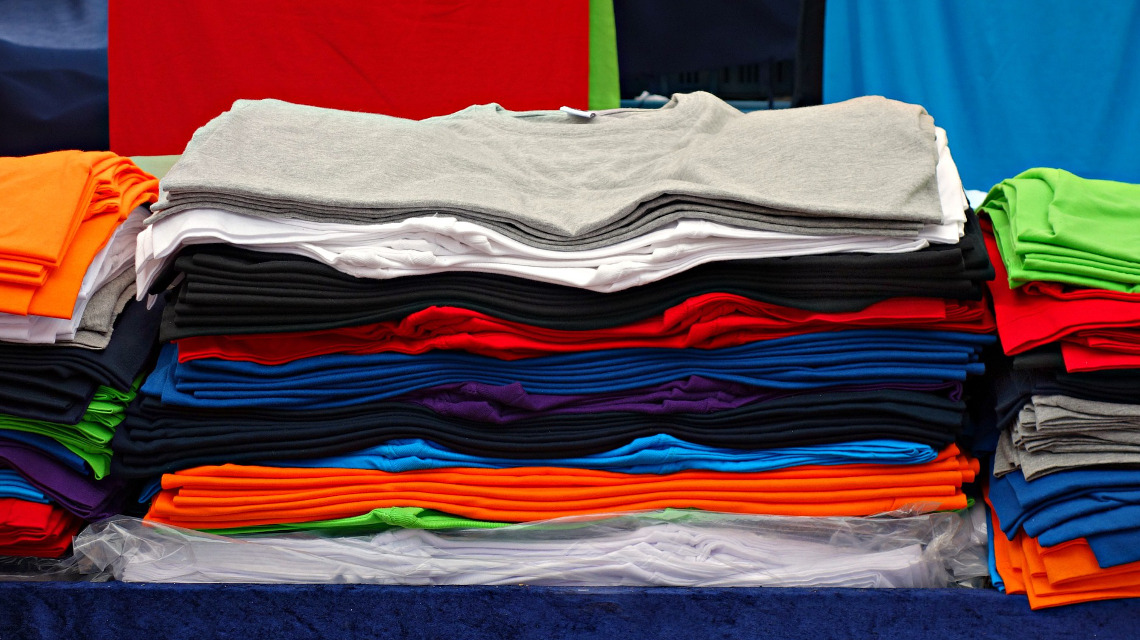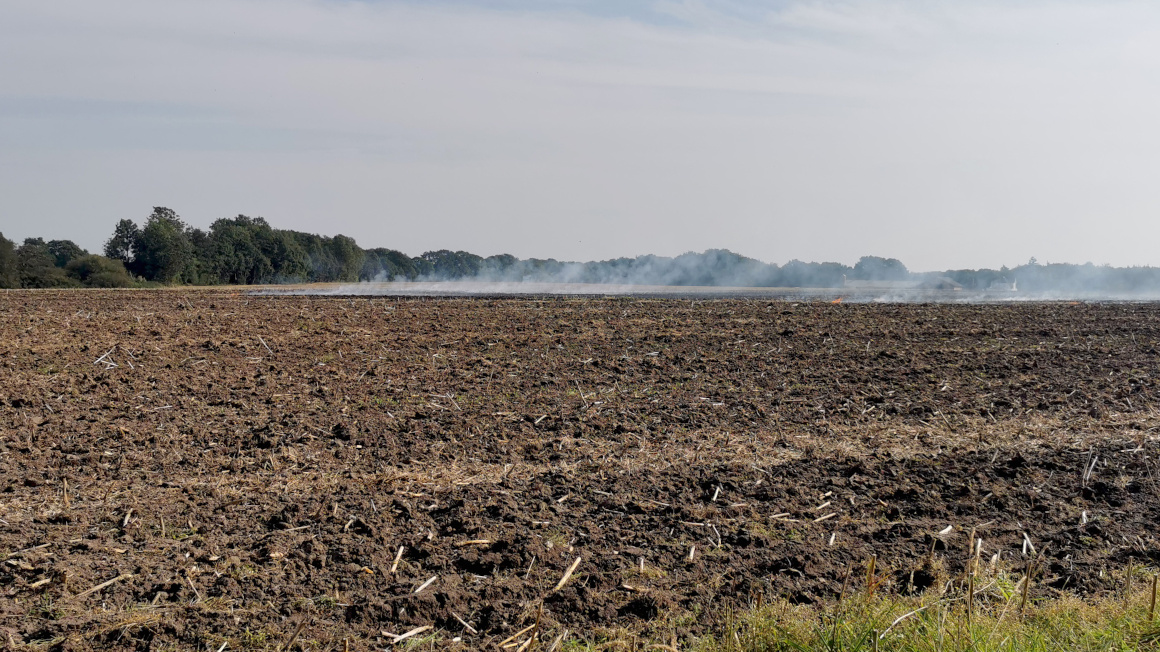Textile recycling with PET-degrading enzymes
France's Carbios joins forces with PUMA and other sporting goods and apparel companies to establish a biotech-based circular economy in the textile industry.

Some revolutions are slow in coming. Like the research work of the French company Carbios, which spent ten years pursuing its idea of developing a polyethylene (PET)-degrading enzyme. In 2013, just two years after its founding, the biochemical company made the leap to Euronext, the European stock exchange. Since then, several industrial partnerships have followed one after the other.
Things really took off in the spring of 2020 with a publication in Nature describing how the researchers succeeded in further optimizing a bacterial enzyme (the PET depolymerase) with the desired properties and also demonstrated the effectiveness of PET degradation on laboratory and pilot scales. Plastic bottles in particular were put forward as a possible application. However, the topic of textiles was also in focus from the very beginning. While replacements are being sought for the PET bottle, which will then be used again in the packaging sector, the recycling process for synthetic textiles is still underdeveloped, but the contribution to microplastic pollution of the environment by these materials is high.
Industry partnership for more sustainability
Now Carbios is making it clear that a new phase has begun for the recycling of synthetic textile fibers. In early July, the French biotech company signed a new multi-party industry partnership. It involves German sporting goods manufacturer PUMA, Swiss running shoe maker On, French sports equipment maker Salomon, and U.S. outdoor apparel maker Patagonia.
Develop solutions for recycling synthetic textiles
The two-year agreement provides for the development of joint solutions to improve the recyclability of their products. Emmanuel Ladent, Chief Executive Officer of Carbios, is pleased with the path taken: "Based on the success of the milestones previously achieved in the packaging sector, this consortium model has proven to be very efficient. Our common goal is to contribute to reducing the environmental impact of the textile industry by providing an industrial solution for recycling polyester fibers and helping our partners to achieve their goals in the evolution towards sustainability."
With biorecycling to the circular economy
PET polyester is the most important fiber for the textile industry, producing 52 million tons, surpassing even cotton, which accounts for 23 million tons. Together, the four textile companies in the consortium face the challenge that their ambitious development goals for sustainability can only be partially achieved with conventional recycling technologies. These are mainly aimed at recycling bottles into fibers. Future mandates will require higher recycling and circulation rates for packaging and textiles.
Howard Williams, Director Global Innovation Apparel and Accessories at PUMA, makes the challenge clear for the German sporting goods company: "As part of our sustainability strategy, we aim to use 75% recycled polyester in the production of our apparel and accessories by 2025. The partnership with Carbios and their innovative biorecycling methods offer a promising approach to achieve our goals and make our industry more circular overall."
gkä/bb


